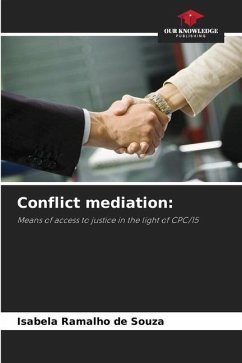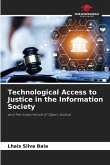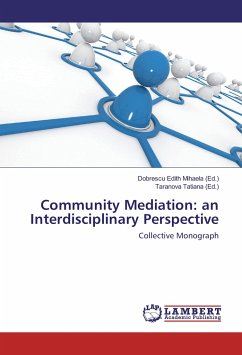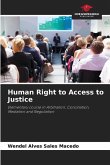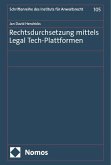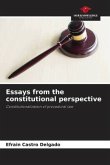Recently we have observed numerous factors that contribute to ineffective access to justice: slowness, costs, cultural obstacles and technical and logistical unpreparedness of the Judiciary. The number of cases brought before the Judiciary has increased considerably over the years because we live in a culture of great litigiousness and, paradoxically, many people do not even know their rights in order to claim them when they are violated. It is therefore the duty of those who participate in the universe of scientific construction in the field of Law to collaborate with the analysis of this current situation and to make some considerations. As a way to combat these obstacles, alternative mechanisms for conflict resolution have been developed. It will be analyzed, more specifically, mediation, because it is a new institute that seeks to give greater effectiveness and speed to conflicts. It can be conceptualized as a means of conflict resolution, self-compositional, with the intervention of a mediator who does not use coercive power, but rather fosters an atmosphere of harmonious coexistence and encourages the effective achievement of solutions to social conflicts.
Bitte wählen Sie Ihr Anliegen aus.
Rechnungen
Retourenschein anfordern
Bestellstatus
Storno

